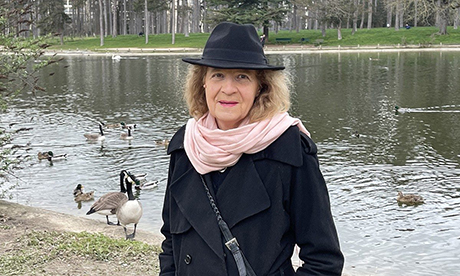Isabelle Chartier-Siben, a respected physician and victimologist, has shared insights into supporting survivors of abuse, notably within religious communities.
As president of the association ‘C’est à dire’ (‘That is to say’), Chartier-Siben (pictured) has dedicated some thirty years to aiding individuals navigating the aftermath of abuse.
In a recent interview with the French publication La Croix, Dr Chartier-Siben highlighted the profound challenges faced by those leaving deviant religious communities, where control mechanisms persist even after departure.
Awareness is crucial
Chartier-Siben explained the process of taking victims through several phases, from awareness to reconnecting with reality and eventually rebuilding their lives.
Upon meeting abuse survivors, Chartier-Siben highlighted the importance of addressing their state of confusion and helping them become aware of their traumatic experiences.
“At the first appointment, an abuse victim—whether the abuse is psychological, spiritual, or physical—is in a state of great confusion. Therefore, the priority is for the patient to become aware of their traumatic experience. The therapist must allow them to unfold their typically chaotic story, interjecting occasionally to show support.”
Through therapeutic support, victims gradually regain autonomy of thought, deconstructing the control system imposed by their abusers.
A delicate balance
Once awareness is established, Chartier-Siben emphasises the necessity of emotional work to help survivors reconnect with reality.
By identifying triggers and confronting past traumas, victims can begin to reclaim their lives from the influence of their abusers.
“In this second phase, I am on a tightrope. I must ensure that my patients neither barricade themselves in denial nor confine themselves to their status as victims.”
In the rebuilding phase, physicians navigate a delicate balance. They ensure patients neither deny their experiences nor solely define themselves as victims.
Chartier-Siben underlines the delicate balance required in this process.
While it is crucial to confront the realities of abuse, she also emphasises the importance of integrating everyday challenges into therapy sessions.
By addressing past traumas and present difficulties, survivors can gradually forge a path towards healing and stability.
Sources
Additional reading
News category: World.




